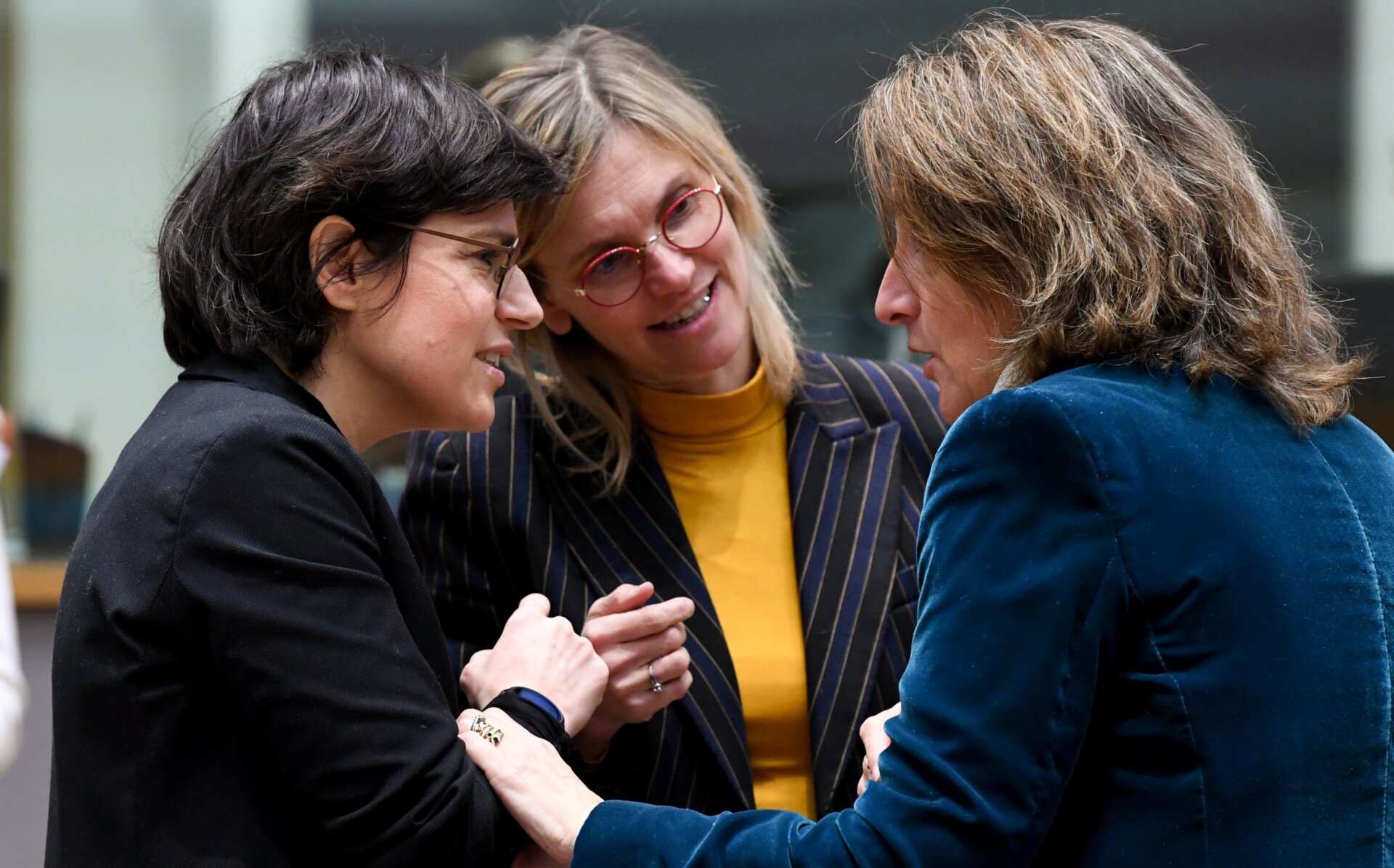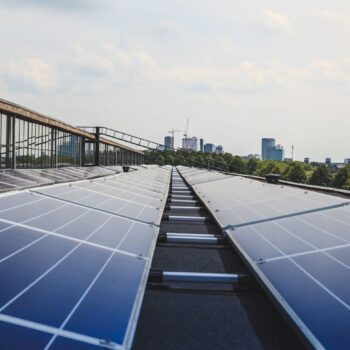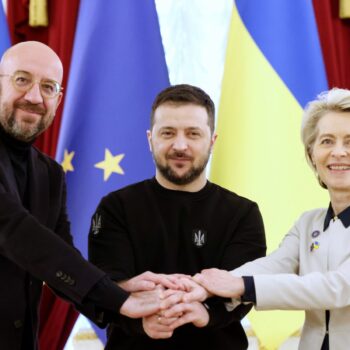The EU Energy Council will meet for an Informal Energy and Transport Ministerial Meeting on 27 February to discuss the gas supply preparedness for next winter, where energy ministers can turn the dial to help Europe go from emergency mode to ensuring energy security through structural gas demand reduction.
One year after the start of Russia’s war in Ukraine, European governments have weathered multiple crises, but the war continues, global gas markets are still tight, and costs of living remain high.
Analysis by the International Energy Agency (IEA) shows the untapped potential to structurally reduce gas demand and options for the EU to prepare for the next winter and many more to come.
The recommendations from the European Scientific Advisory Board on Climate Change (ESABCC) for addressing the energy crisis in the long term also point to structurally reducing energy demand and avoiding gas lock-ins.
Story
EU energy ministers will be meeting for an Informal Energy Council on Monday 27 and Tuesday 28 February to discuss energy market design, security of supply, and the EU’s preparedness for next winter.
Preparedness for next winter was also central to the Special International Energy Agency Ministerial of 15 February, where 40 energy ministers discussed options to further reduce the EU’s reliance on gas.
A new analysis by the IEA shows the untapped potential to structurally reduce gas demand in the EU. Additionally, the latest recommendations from the ESABCC point in a similar direction. A recent analysis by E3G provides concrete steps for the EU to action that structural gas demand reduction.
- The recent IEA report includes recommendations for preparing for winter 2023/24: Natural gas supply-demand balance of the European Union in 2023. Of the identified 40bcm gas demand-supply gap risk in 2023, the IEA finds that 37bcm could be avoided by structurally reducing gas demand through energy efficiency, renewables and heat pump ramp-ups, and behavioural change.
- The ESABCC has released its latest proposals for the EU policy makers to address the energy crisis in the long term while ensuring the EU achieves climate neutrality by 2050: Addressing the energy crisis while delivering on EU’s climate objectives: recommendations to policy makers. Proposals include tackling the roots of the crisis, structurally reducing energy demand, more renewables and electrification, direct income support to the most vulnerable, avoiding long-term gas lock-ins, and ending investments in coal and gas.
- E3G has shared its actionable recommendations with EU officials: From emergency response to energy security in Europe. The potential actions include strengthening and scaling up the sectors, skills and supply chains that drive structural gas demand reduction; ensuring a political and institutional driving force; targeting energy waste and demand in heavy industry; and boosting available public and private finance and incentives.
This conversation will be happening just days after the anniversary marking one year since Russia’s invasion of Ukraine. The EU has weathered crisis after crisis: the war on European soil, skyrocketing energy prices, uncertain gas supplies and rising costs of living.
One year on, though the war in Ukraine continues, the EU is in a better place than many predicted. The EU has managed to reduce fossil gas demand much faster than anticipated while ramping up the clean energy transition with heat pump booms and record renewables deployment.
But challenges remain. Clean economy projects and initiatives are slowed by bottlenecks and increasing prices. Pressures on supply chains, high energy and materials costs, limited fiscal support and finance availability, as well as skills shortages, threaten Europe’s energy security. Therefore, the emergency response needs to now shift into proactive and sustained delivery to keep this momentum going and avoid gas supply shortages in coming winters.
Quote
Rheanna Johnston, Policy Advisor at E3G said:
“After one year of Russia waging war in Ukraine, Europe still faces energy challenges, though we’re in a better place than many expected. Energy ministers now need to pivot from emergency mode to ensuring sustained energy security and affordability. Only a structural reduction of gas demand based on renewables and energy efficiency can prevent future supply shortages, limit vulnerability to high prices, and make the EU economy more competitive”.
– ENDS –
Available for comment
Rheanna Johnston (EN, DE, FR), E3G Policy Advisor, EU Energy Transition
m: +32 (0) 492978250 | rheanna.johnston@e3g.org
Notes to Editors
- E3G is an independent climate change think tank with a global outlook. We work on the frontier of the climate landscape, tackling the barriers and advancing the solutions to a safe climate. Our goal is to translate climate politics, economics and policies into action. About – E3G
- For further enquiries email press@e3g.org or phone +44 (0)7783 787 863


